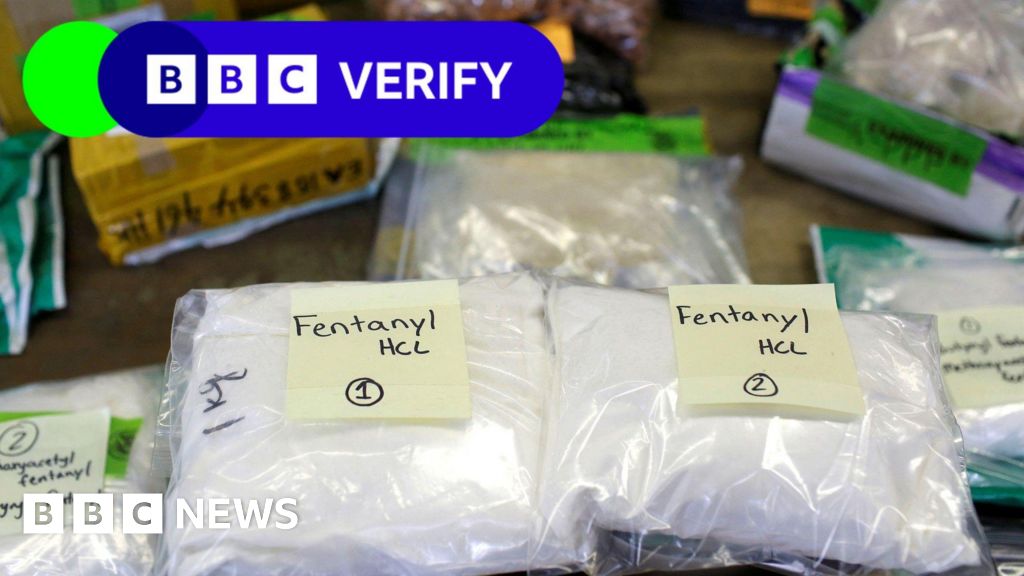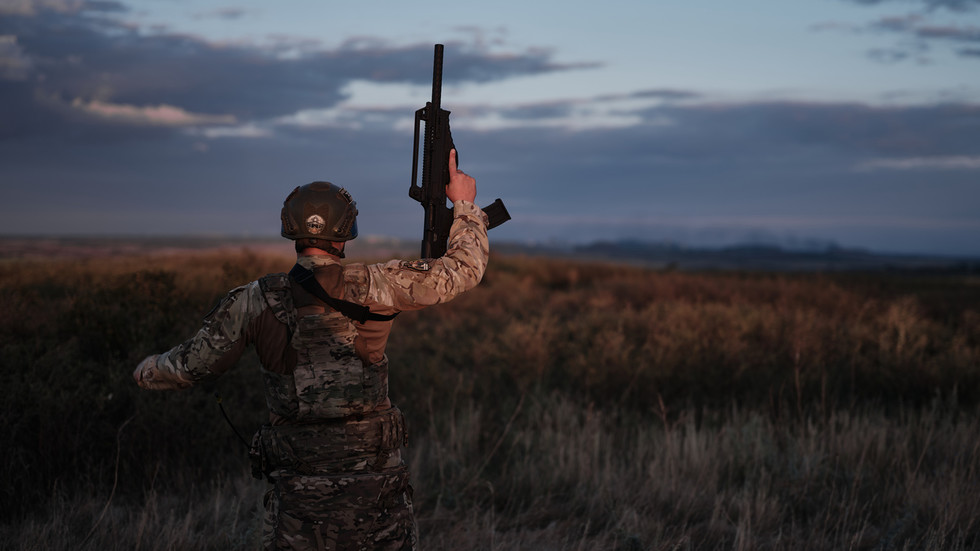
Syria's interim president Ahmed al-Sharaa performs a pilgrimage in Islam's holiest city, Mecca, in Saudi Arabia, on Feb. 3. AFP via Getty Images/AFP hide caption
toggle caption
AFP via Getty Images/AFP
DAMASCUS, Syria – Syria's interim president said Iranian militias that previously operated in the country were not only harmful to it, but also a threat to the wider region.
The president, Ahmed al-Sharaa, led the rebel group that seized control of Syria in December, ousting dictator Bashar al-Assad and the Iranian forces that supported him.
In a wide-ranging interview on Syrian television, Sharaa said Iranian forces were used to "fuel instability" in Syria and other neighboring states.
"The presence of Iranian militias under the previous [Syrian] regime posed a strategic threat to the entire region," said Sharaa.
Iran's once strong presence in Syria has almost entirely vanished. Iranian forces fled as Assad was overthrown in December, and the country's embassy in Damascus remains shuttered.
It's just one in a series of major setbacks Iran's proxy forces have suffered over the past year. Israel has battered Hamas in Gaza and Hezbollah in Lebanon. Israel and the U.S. have been hitting the Houthis in Yemen.
Sharaa's remarks highlight the efforts by his transitional government to realign Syria's relations with much of the world. For decades under Assad, Syria relied heavily on Iran and Russia and was isolated from the West.
The new Syrian leader is pushing hard to rebuild ties that were badly strained or broken, starting with his neighbors.
Looking to Turkey for help
Sharaa traveled to Turkey on Tuesday for talks with President Recep Tayyip Erdogan, who's expected to play a key role as Syria attempts to overcome the ravages of a civil war that lasted nearly 14 years.
Some 3 million Syrians are still refugees in Turkey, which would like to see them return home. Turkish construction companies are well-positioned to play a leading role in rebuilding Syria, where more than half the population was driven from its homes.
The trip to Turkey comes on the heels of Sharaa's visit Sunday to Saudi Arabia, his first foreign trip since coming to power.
Riyadh could provide money to help Syria recover, though no specific plans were announced following Sharaa's talks with the de facto Saudi leader, Crown Prince Mohammed bin Salman.
Many Syrians are also calling for the U.S. and Europe to lift longstanding sanctions placed on the country, saying the punitive measures were imposed against the former Assad regime, and should now be removed.
Some European countries are exploring the prospect of increased contacts with Syria. However, President Trump has shown little interest in engaging with the new Syrian government.
"We're not involved in Syria. Syria is in its own mess. They've got enough messes over there. They don't need us involved," Trump said recently.
Creating a new political and economic system
Meanwhile, Sharaa faces a host of political and economic challenges at home.
In a country that's been under authoritarian rule for most of its modern history, Sharaa said the future Syria will not be dominated by one person.
"If we look at Syria as a country that will be governed by a single individual — where decisions are made based on who he likes, who opposes him, or who agrees with him — then I say this perspective is incorrect," Sharaa said. "Syria is not heading in that direction."
However, he acknowledged the new government had not yet established rules for political parties.
He also said the most immediate priority was to stabilize the country and that it would be four or five years before Syria holds elections.
Assad's regime was responsible for massive human rights abuses, and Sharaa again said that senior figures who bore the greatest responsibility would be prosecuted.
"We are pursuing these top criminal figures. Many people have suffered from systematic crimes committed by certain individuals," he said.
However, he added, "we cannot address every single incident that has occurred over the past 60 years. We must be willing to rise above some grievances. I believe this is the fine line that maintains the balance between civil peace and transitional justice."
Some officials suspected of abuses under Assad have been arrested. However, Assad and his family fled to Russia. Other top officials either left the country, or may still be in hiding inside Syria.

 2 hours ago
3
2 hours ago
3







